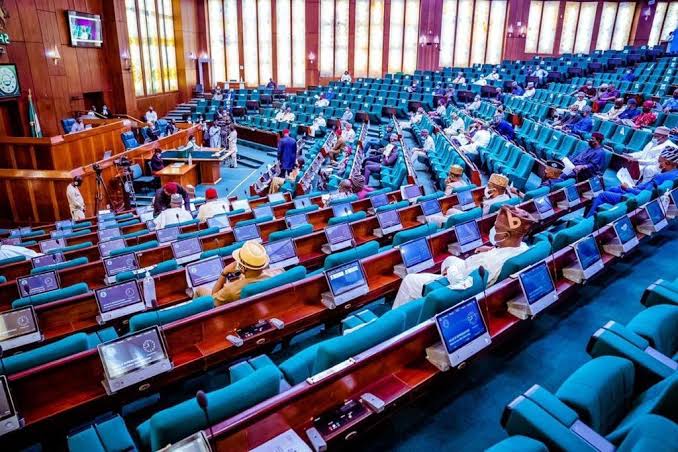In a bid to tackle the widespread issue of delayed and abandoned government projects, the House of Representatives has taken significant steps to address this challenge. During a public hearing held today, lawmakers deliberated on a proposed amendment to the Public Procurement Act aimed at holding contractors accountable for failing to meet project deadlines.
While the proposal suggests imposing penalties on contractors for delays, the Director-General of the Bureau of Public Procurement (BPP), Dr. Adebowale Adedokun, and his predecessor, Emeka Ezeh, argued that penalties for such delays are already included in standard contracts. They emphasized that the real focus should be on improving project management practices and ensuring that necessary funds are available for contractors to complete their work on time.
The concerns raised by Adedokun and Ezeh are rooted in the understanding that the Public Procurement Act primarily regulates the procurement process and sets the framework for contract awards, not the specific implementation of contracts. They suggested that the Bureau’s existing bidding documents and contract clauses already provide mechanisms to penalize contractors who fail to deliver within the agreed timeline. Therefore, they recommended that the focus should shift toward ensuring better implementation of these measures.
On the other hand, Hon. Unyime Idem, Chairman of the House Committee on Public Procurement, highlighted the alarming trend where contractors deliberately delay projects to request additional funding, a practice that often undermines national development. Drawing lessons from international examples, Idem pointed out that countries like Egypt have been able to manage projects more efficiently by holding contractors accountable and ensuring they work within set deadlines.
The proposed amendments to the Public Procurement Act aim to not only address delays but also curb the misuse of public funds. Lawmakers stressed the importance of holding contractors accountable for timely project delivery, ensuring that public resources are spent effectively and contributing to Nigeria’s overall development.
As the debate continues, it is clear that lawmakers are committed to taking proactive measures to address the ongoing issues of project delays and abandonment. The proposed reforms are a step towards improving governance, ensuring transparency, and boosting the timely completion of infrastructure projects that are crucial for the nation’s growth.




